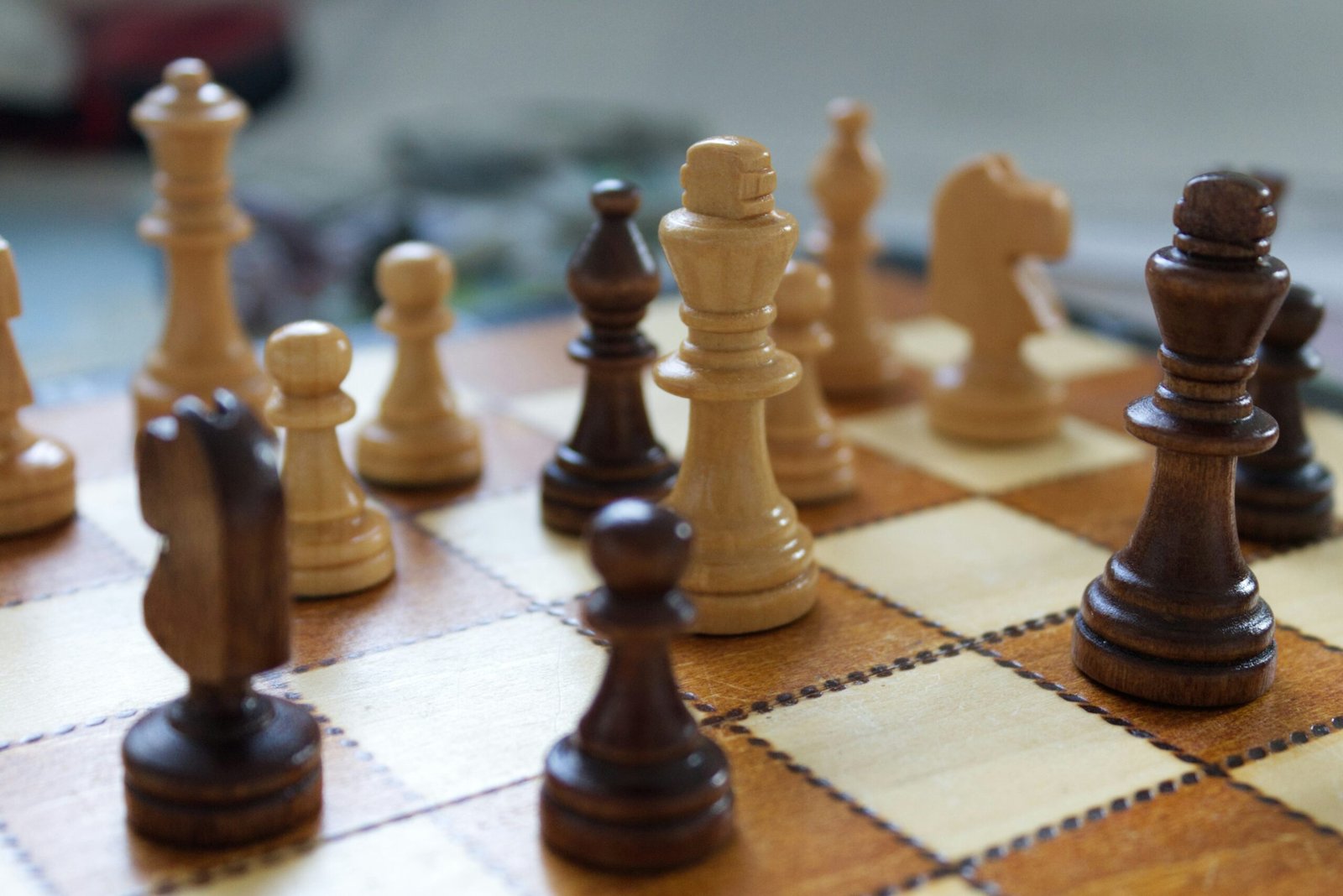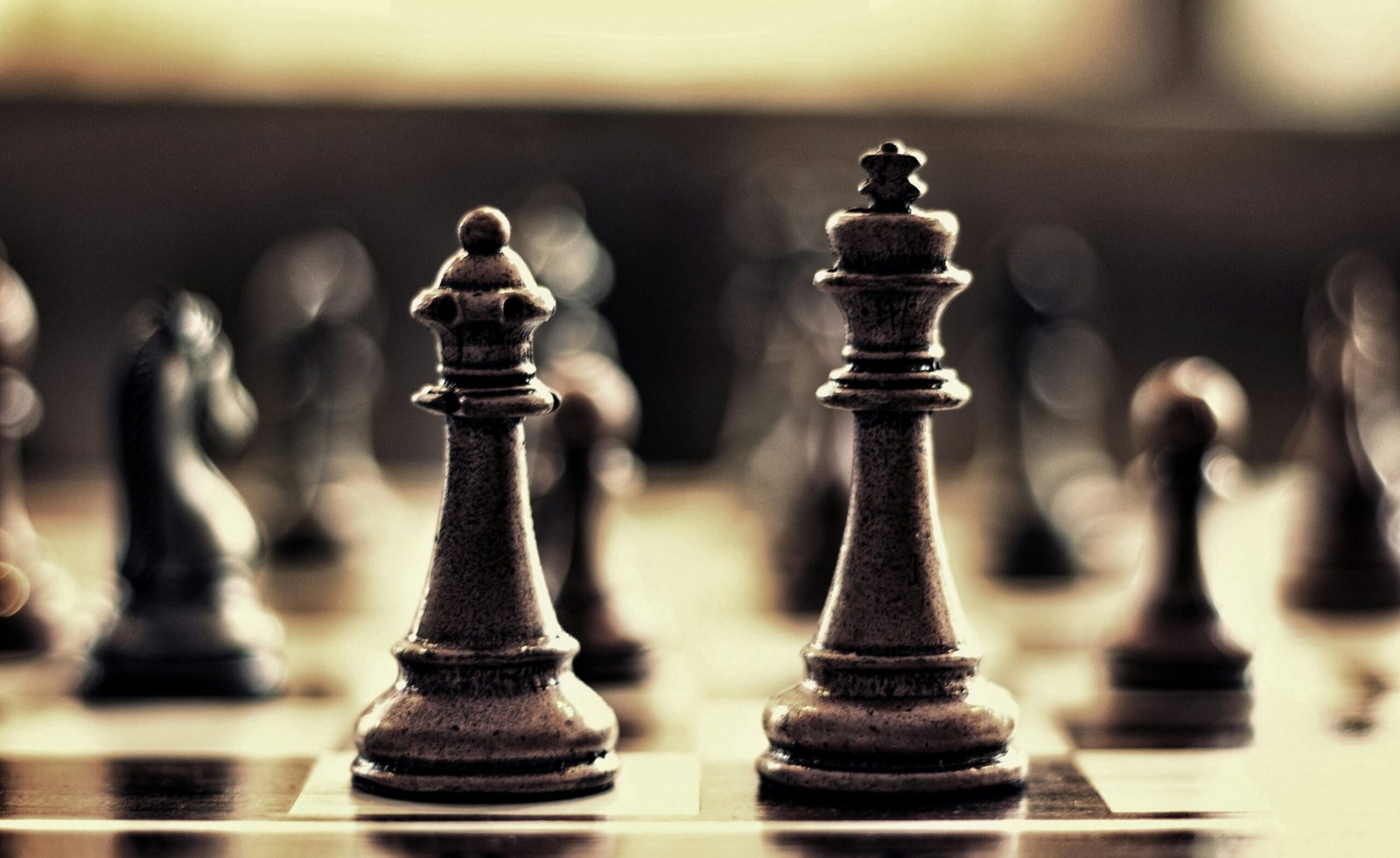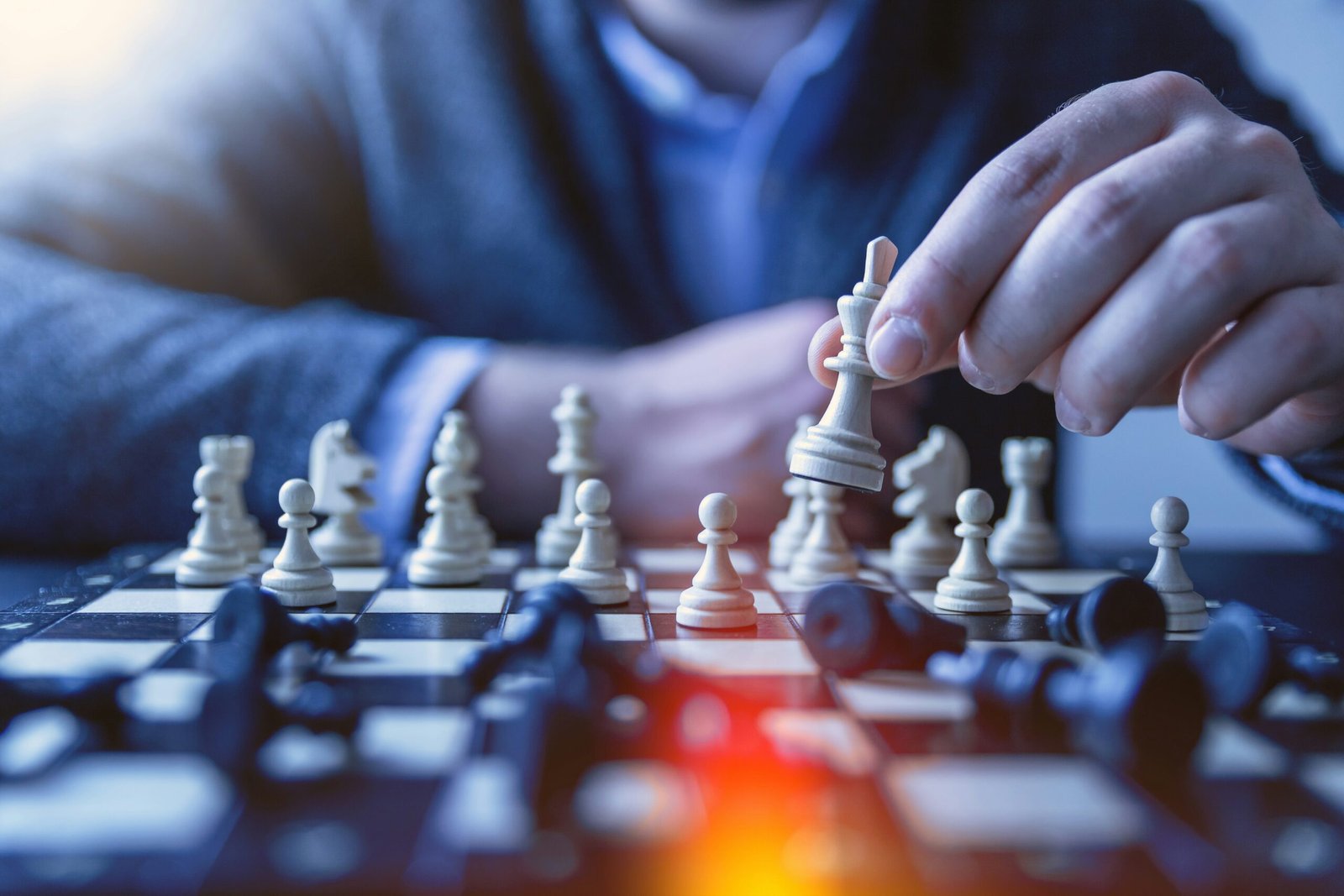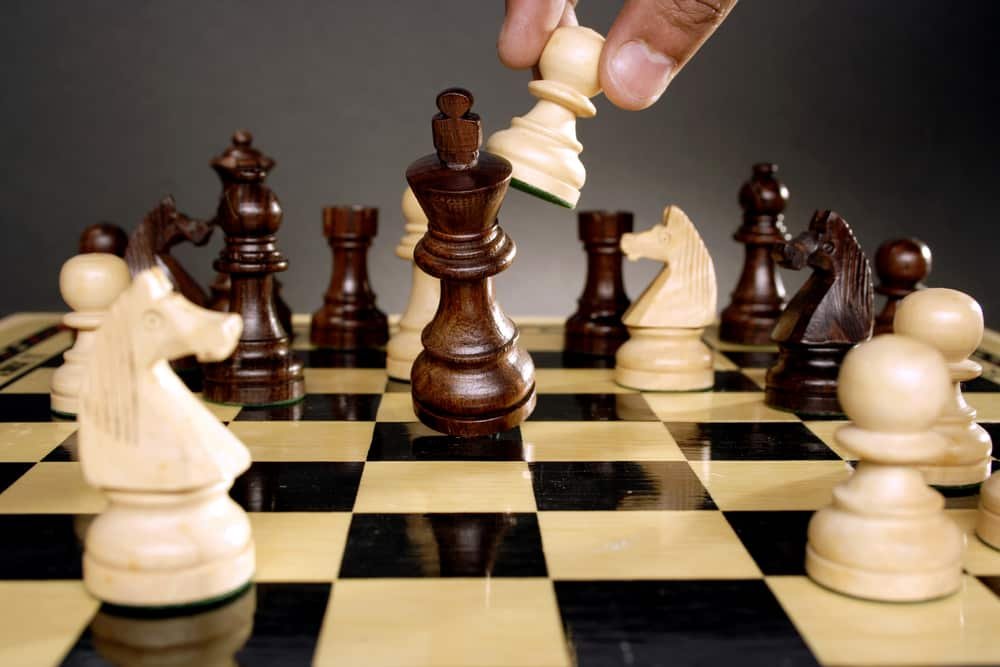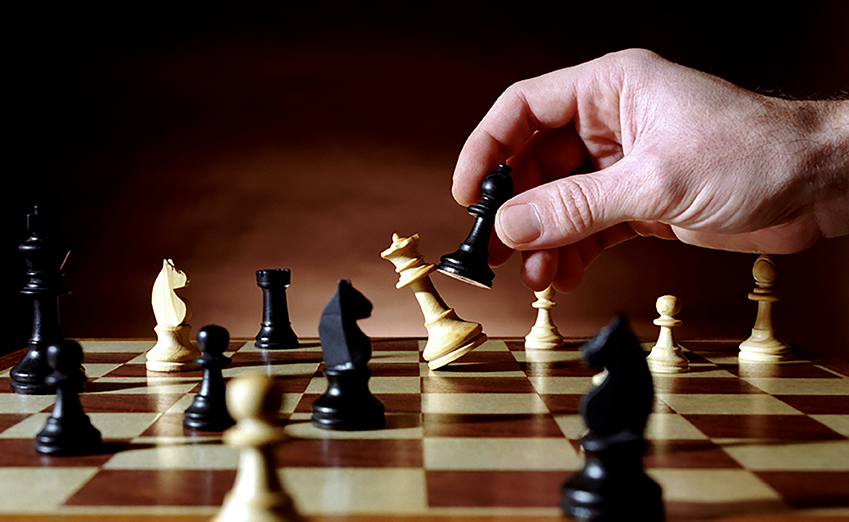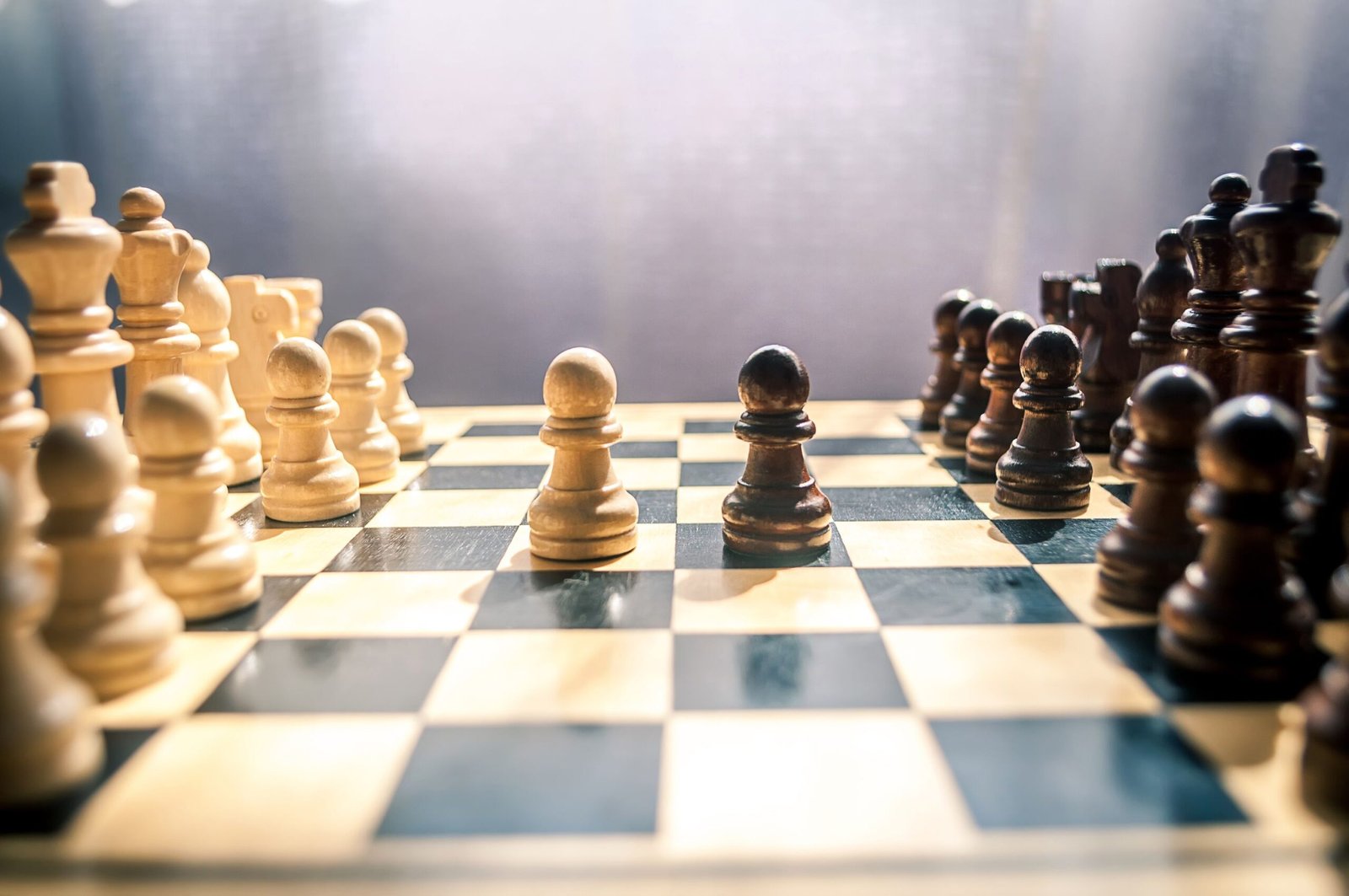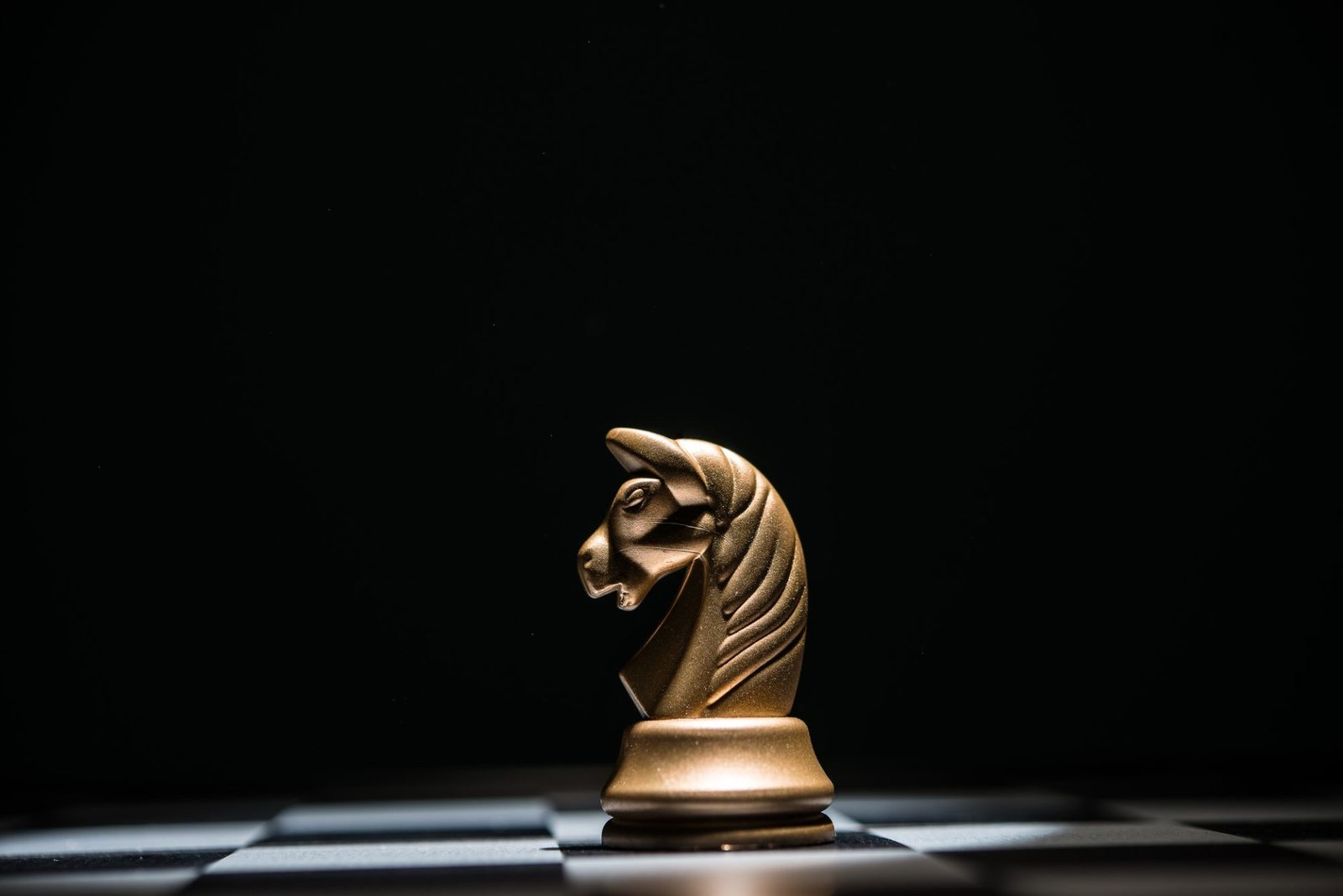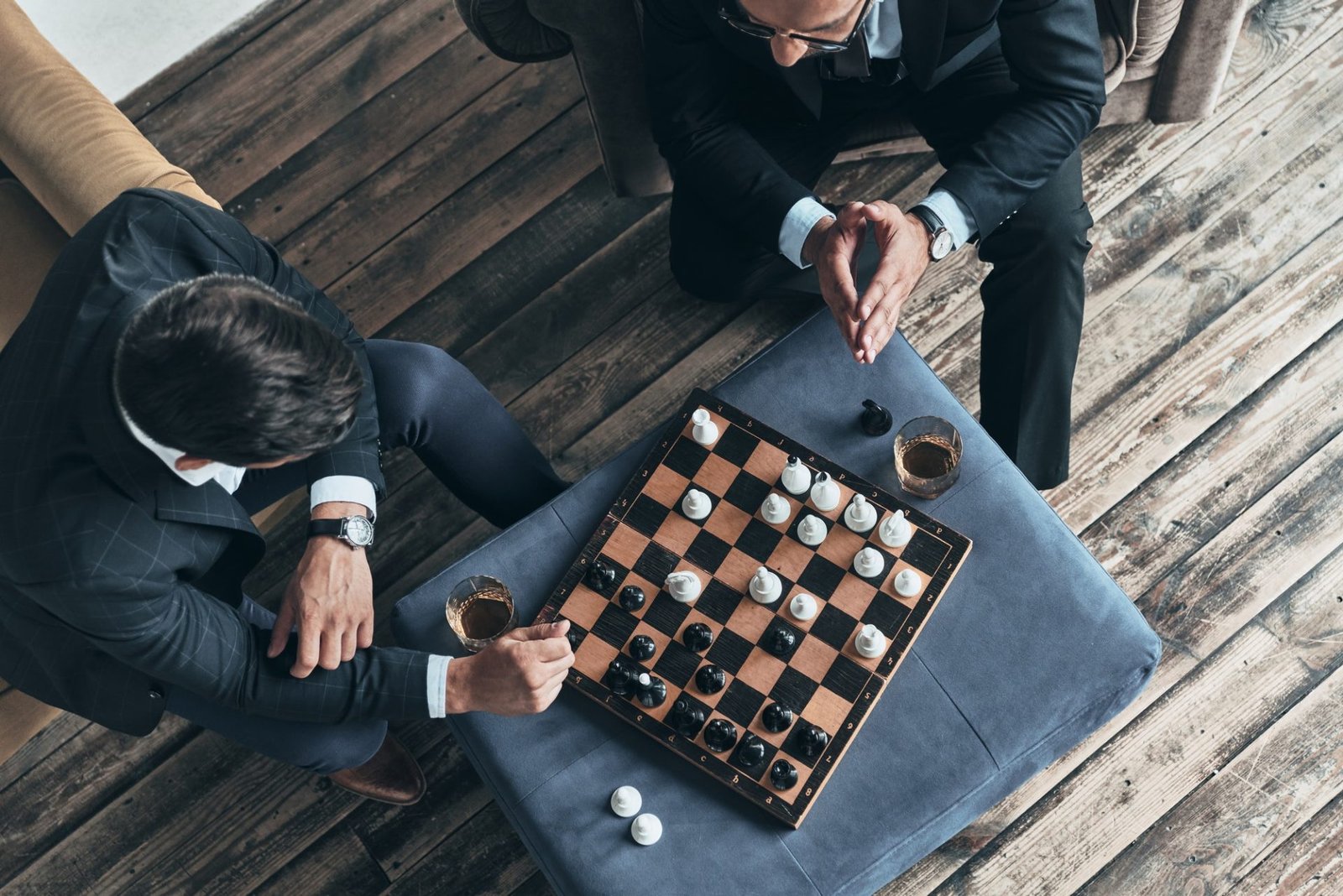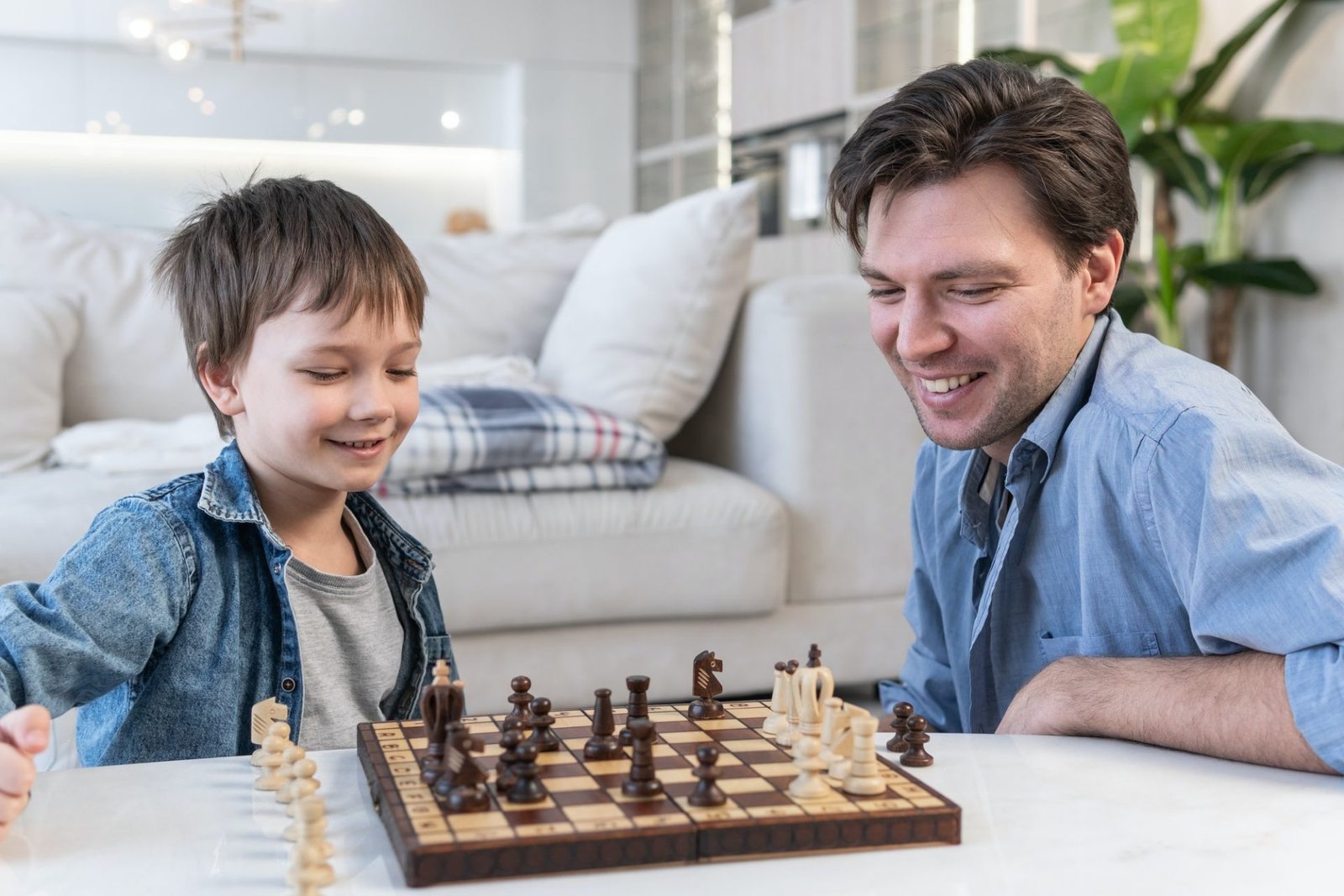
7 Brain Benefits Of Playing Chess
Chess is more than just a game it’s a powerful tool for shaping the mind. From boosting memory to enhancing cognitive development, chess has long been linked to improved brain functionality. In this blog, we explore how chess boosts brain function, the benefits of playing chess regularly, and the science behind chess and brain functionality especially in students and young learners.
Chess and Cognitive Skills
One of the major benefits of playing chess is that it challenges and strengthens various cognitive skills. These include critical thinking, logical reasoning, pattern recognition, and spatial awareness. Whether you’re solving tactical puzzles or planning your next five moves, you’re exercising your brain just like lifting weights in a gym.
In fact, chess for cognitive development is often recommended for children, especially as a fun and engaging alternative to screen time.
Why is chess considered good for brain development?
Playing chess is a remarkable activity that simultaneously engages both the left and right hemispheres of the brain, creating a powerful synergy between logical and creative cognitive processes.
The left hemisphere, known for its role in logical reasoning, analytical thinking, and sequential processing, is heavily activated during chess as players calculate moves, evaluate potential outcomes, and apply strategic principles like controlling the center or protecting the king. For instance, determining whether a series of moves leads to a tactical advantage requires precise, step-by-step analysis, akin to solving a mathematical equation. Concurrently, the right hemisphere, associated with creativity, intuition, and pattern recognition, comes into play when players visualize the board, imagine novel strategies, or devise unexpected sacrifices to outmaneuver opponents. This creative aspect is evident in brilliant moves like a queen sacrifice that sets up a checkmate, blending artistry with strategy.
The interplay between these hemispheres fosters cognitive flexibility, enabling players to switch seamlessly between structured planning and innovative problem-solving. This dual activation not only sharpens mental acuity but also enhances neuroplasticity, as the brain forms new connections to handle the game’s complexity.
7 Brain Benefits Of Playing Chess
Enhances Problem-Solving Skills
Chess requires players to anticipate opponents’ moves, evaluate positions, and devise strategies under time constraints. This engages the prefrontal cortex, the brain region responsible for planning and decision-making. By consistently solving complex board positions, players strengthen their ability to break down problems systematically, weigh options, and select optimal solutions.
For instance, calculating a sequence of moves to achieve checkmate hones logical reasoning and foresight, skills transferable to real-world challenges like project planning or troubleshooting.
Improves Memory Function
Chess players must memorize opening strategies, tactical patterns, and endgame techniques, which activates the hippocampus, the brain’s memory center. Recalling past games or recognizing familiar board patterns enhances both short-term and long-term memory.
Studies suggest that regular chess play can improve recall in tasks beyond the game, such as remembering facts or sequences. For example, grandmasters often memorize thousands of game positions, demonstrating how chess strengthens memory capacity and retrieval.
Boosts Concentration and Focus
A single chess game demands sustained attention, as lapses can lead to critical mistakes. This trains the brain’s attention networks, particularly in the parietal lobe, to maintain focus over extended periods.
Players learn to filter out distractions and immerse themselves in the game’s complexities, a skill that translates to tasks requiring deep concentration, like studying or coding. For instance, during a tournament, players may focus intensely for hours, enhancing their ability to stay engaged in high-stakes environments.
Fosters Creative Thinking
While chess is strategic, it also requires creative problem-solving, engaging the right hemisphere. Players often devise unexpected moves or sacrifices to outwit opponents, blending intuition with calculation.
This creativity is evident in famous games, like Bobby Fischer’s bold sacrifices, which required imagining unconventional paths to victory. Such thinking encourages flexibility and innovation, applicable to fields like art, design, or entrepreneurship, where novel solutions are valued.
Strengthens Mental Resilience and Emotional Regulation
Chess teaches players to handle pressure, recover from losses, and adapt to setbacks, engaging the amygdala and prefrontal cortex, which govern emotional responses.
Facing a strong opponent or recovering from a blunder builds resilience and patience. For example, losing a piece might tempt frustration, but skilled players learn to stay calm and find counterplay, a skill that helps manage stress in high-pressure situations like exams or workplace challenges.
Improves Spatial Reasoning and Pattern Recognition
Chess involves visualizing board positions and predicting future configurations, which activates the right hemisphere’s spatial processing areas.
Players develop an intuitive sense for patterns, such as pawn structures or checkmate motifs, enhancing their ability to recognize and interpret complex systems. This skill is valuable in fields like mathematics, engineering, or data analysis, where visualizing relationships or trends is crucial. For instance, spotting a knight fork pattern mirrors recognizing patterns in datasets or architectural designs.
Promotes Neuroplasticity and Cognitive Longevity
The mental workout from chess combining strategy, memory, and creativity stimulates neuroplasticity, the brain’s ability to form new neural connections.
Regular play can delay cognitive decline by keeping the brain active and adaptable, particularly in older adults. Research, such as a 2016 study in Frontiers in Neuroscience, suggests chess may reduce the risk of dementia by maintaining cognitive reserve. For example, elderly players often show sharper mental acuity compared to non-players, as chess challenges multiple cognitive domains simultaneously.
Conclusion : Is Chess Good for the Brain
So, is chess good for the brain? Absolutely. From students to seniors, the game offers proven benefits of playing chess for the brain. Whether you’re looking to boost focus, enhance cognitive ability, or simply stay mentally active, chess delivers.
Chess isn’t just a game it’s a brain-training experience. Encourage your children, students, or even yourself to play regularly and experience the transformation firsthand.
At Venture Chess Academy, we believe in developing smart, strategic, and sharp minds one move at a time.
FAQ:
Yes, studies have shown that regular chess players often demonstrate higher IQ scores and better problem-solving abilities compared to non-players.
Absolutely. Chess teaches children how to concentrate deeply, ignore distractions, and make thoughtful decisions.
Yes. It reduces stress, improves emotional regulation, and provides a positive outlet for focus and mindfulness.
Even 20–30 minutes a day can significantly improve memory, concentration, and mental agility over time.
Not at all. Chess builds intelligence over time. Anyone can learn and benefit from the game, regardless of background or starting skill level.
Yes! Playing daily improves mental sharpness, focus, patience, and decision-making. Like physical exercise, regular brain workouts offer consistent benefits
Just 20–30 minutes a day can improve your focus, memory, and mental stamina. For competitive improvement, 1–2 hours is ideal.
Yes. Chess engages multiple parts of the brain, especially areas responsible for memory and logical thinking. Over time, regular play boosts IQ and recall.
Chess improves concentration, problem-solving, and analytical thinking skills essential for academic success.
Yes. It reduces stress, increases mindfulness, and offers a healthy way to manage anxiety.

